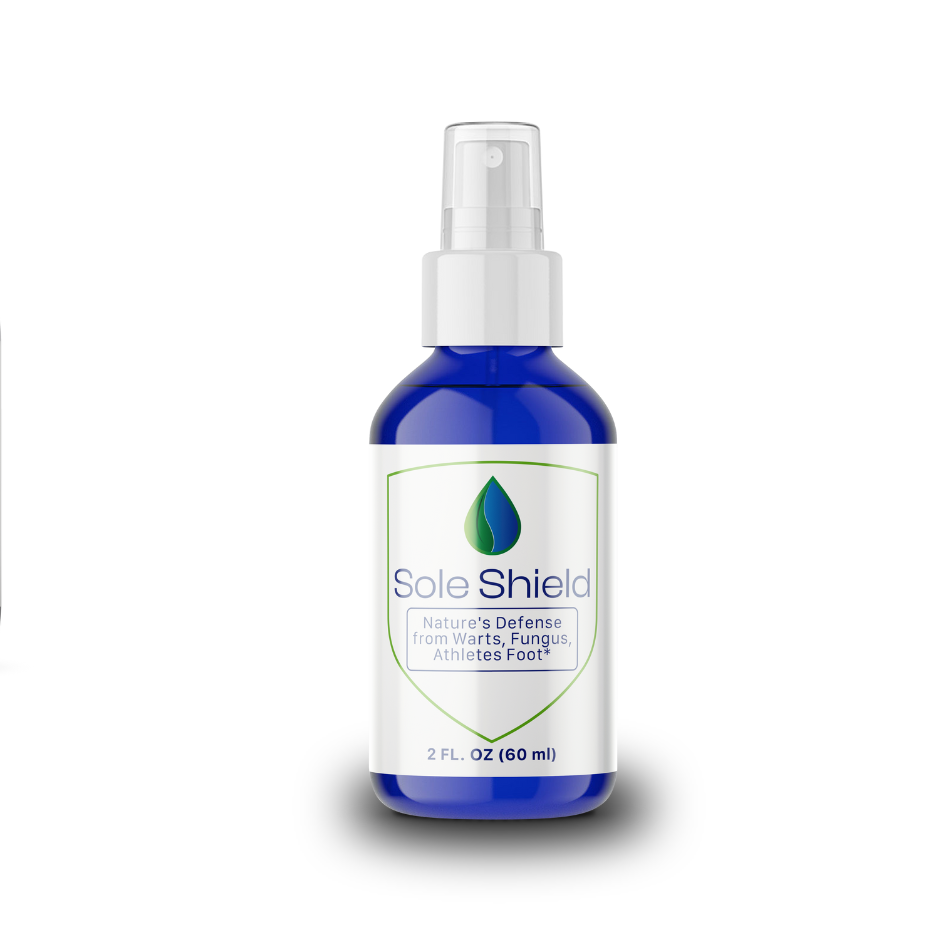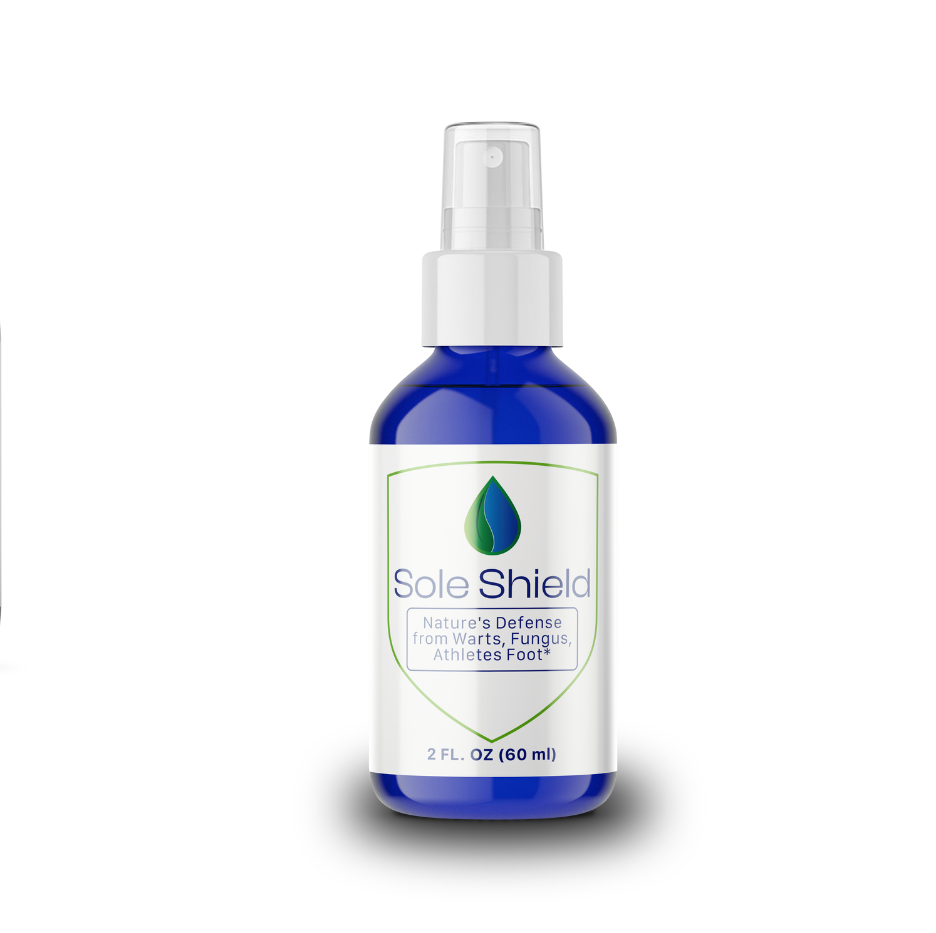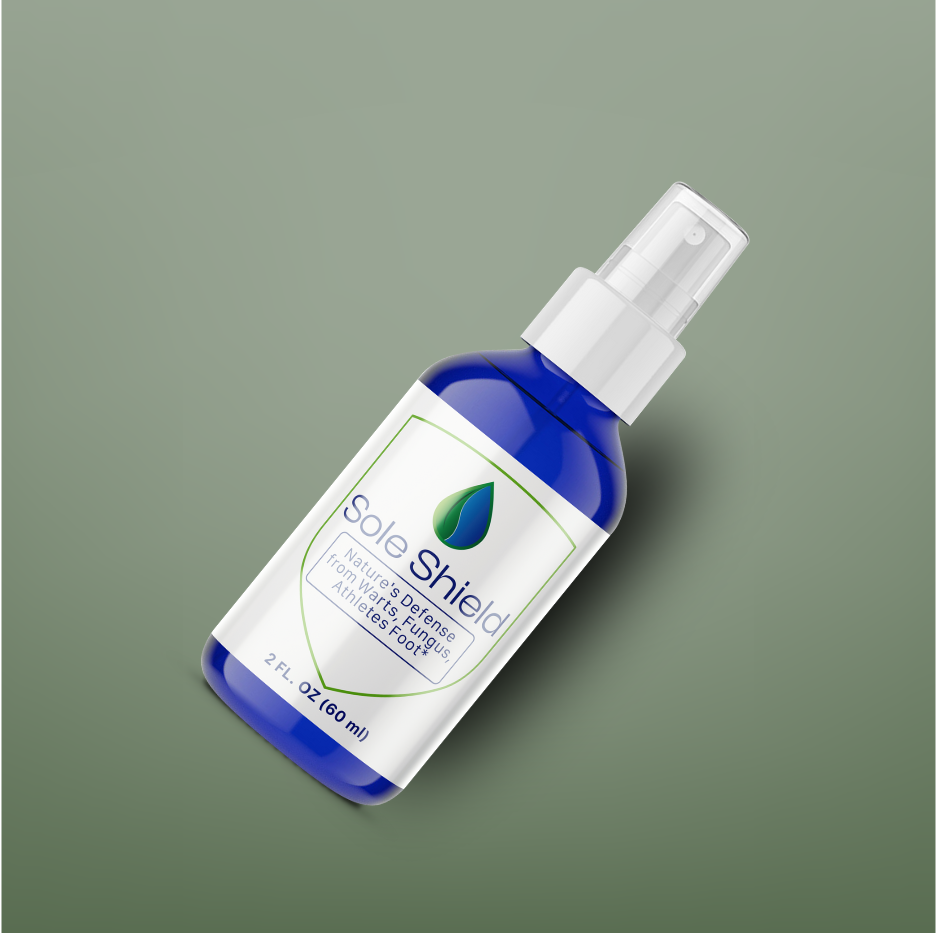Iodine is associated with the thyroid gland and is often attributed for its contribution towards its healthy functioning. Other recent studies have shown molecular iodine (I2), too, has other uses beyond the thyroid.
In addition to dietary sources, iodine supplements are often necessary to ensure adequate iodine intake, particularly for individuals at risk of deficiency.
It also functions as an antioxidant, a differentiator, and an immunomodulator, such advantages spanning across various tissues and organs in the body. This article examines some molecular iodine effects including its extrathyroidal effects and its potential benefits to human health.
Introduction to Molecular Iodine

Iodine, in its elemental form, is a powerful compound with broad-spectrum dispensation which has been used in many fields since time immemorial including medicine, disinfection and nutrition. It acts as a rapid acting broad spectrum germicidal agent, destroying rapidly bacteria, fungi, viruses and even spores and is therefore very important in medical and hygienic practices.
Apart from its antimicrobial property, elemental iodine is a critical dietary necessity for the organism in order to be protected from iodine deficiency disorders. A lack of such an essential nutrient causes serious health problems further proving a point about the need to comply with adequate iodine limits. In this section, we will elaborate more on molecular iodine, its properties and health benefits as well as its health related uses.
The Essential Role of Iodine and Thyroid Hormones in Human Physiology
Iodine is one of the important micronutrients in the body and particularly, this element is known to facilitate the synthesis of the thyroid hormones thyroxine (T4) and triiodothyronine (T3), which are of significance in the development and functioning of various organs, especially the central nervous system.
Yet, a significant amount of the iodine content in an average human is found in the extrathyroidal organs indicating that there are other aspects to the physiological importance of Iodine. Such organs as well as tissues import iodine by processes other than those of the thyroid gland which suggests that iodine is more than hormonal construction.
For example, iodine has therapeutic uses in the metabolism of thyroid cells where during and following cancer treatments, iodine destroys the thyroid cells, emphasizing its vital role with the thyroid glands.
Chemistry and Properties of Molecular Iodine
Molecular iodine is one of the two atoms iodine forms diatomic molecular structure and has very high reactivity forming bonds with many molecules. It occurs as a disinfectant and antiseptic in very effective and wide use in medical and sanitary areas owing to its enhanced activity.
One of its special features is that it is soluble in water to a high degree which makes it easier to be used in aqueous form. Apart from that, molecular iodine is also stable even in the high concentration allowing it to be packed or carried through without spoilage.
More importantly, its toxicity level is relatively low and this enables its application on various health related activities. These characteristics, in a way, interrelate with each other and positively affect the application.
Iodine as an Antioxidant

Molecular Iodine is known to possess remarkable antioxidant activity. That is it scavenges toxic free radicals such as reactive oxygen species (ROS), normal byproducts of cellular metabolism but pose great danger to biomolecules such as DNA, proteins and lipids through oxidative damage. The potential role of iodine as an antioxidant may be an evolutionary adaptation present across the numerous ranges of life, from algae to humans.
Iodine interacts with hydrogen peroxide, a reactive molecule involved in oxidative stress, to balance inflammatory responses and protect cells from damage.
Since, plants such as brown algae have been reported to have high levels of iodine concentration that no other organism contains. Several iodine compounds, specifically molecular iodine supplementation, in humans have been shown to reduce lipid peroxidation and even enhance the levels of antioxidants in both normal and cancerous conditions. This means that iodine may also help alleviate oxidative stress which can therefore reduce the incidence of diseases such as heart diseases and specific cancers (Venturi, 2011; Kupper et al 1998).
Iodine’s Antiproliferative and Apoptotic Effects
Molecular iodine has in addition to scavenging for free radicals, shown anti-cancer activities and indeed induced apoptosis in various cancer models.
Radioactive iodine is particularly effective in treating differentiated thyroid cancer by destroying cancerous thyroid cells that have not been surgically removed, potentially increasing the lifespan of patients with metastasized cancer.
Iodine causes apoptosis (programmed cell death) though decreasing the mitochondrial membrane potential and synthesizing iodolipids that are activators of nuclear receptors like PPARγ (Peroxisome Proliferator-Activated Receptors gamma). Such pathways help to promote cancer cell death, overcome chemo resistance and downregulate expression of stem cell markers.
Molecular iodine also appears to be effective for the management of other benign disorders such as fibrocystic breast disease (FBD) and benign prostatic hyperplasia (BPH). In such cases, iodine reverses dysregulated cell growth and induces cell maturation, thus making it an attractive candidate for cancer prevention and treatment (Aceves et al. 2013; Anguiano et al. 2010).
Molecular Iodine as Immune Modulator

Iodine goes beyond physiology and offers a new and interesting function, as an immune modulator. Depending on the cellular context, iodine may either augment immune responses or inhibit them.
Povidone iodine, a staple antibacterial solution in clinical settings, has been shown to be safe and effective, countering historical misconceptions about iodine's toxicity and staining properties.
For example, iodine may block pro-inflammatory pathways and decrease inflammation by the synthesis of such cytokines that are associated with autoimmune syndrome and chronic inflammation. Conversely, iodine may also trigger T cells and encourage the creation of immune stimulating cytokines increasing the body’s defense against infection and cancers.
These immune altering effects are particularly significant in the treatment of cancer where endogenous antitumor immune responses are known to be improved by iodine augmentation. Young’s work suggests iodine could enhance the amount of immune cells into the tumors allowing their better control with standard chemotherapy (Bilal et al., 2017; Moreno-Vega et al., 2019).
Iodine Supplementation and Deficiency
Among the several iodine containing compounds that the body synthesizes, connective and thyroid tissues containing thyroxine (T4) and triiodothyronine (T3) iodine hormones cannot be forgotten. These hormones control the processes of metabolism, growth and development.
As early as the twentieth century iodine deficiency was known to be a common causative deficiency in numerous parts of the world. This deficiency is characterized by an array of deficiencies especially goiter and hypothyroidism and even mental deficiency.
Therefore, in order to compensate for iodine lack, it is recommended that drugs containing iodine should be introduced to such patients. In particular, in some organisms including mammals, iodine is a biological necessity because it has active roles in the normal physiological and thyroid functions.
Therapeutic Applications of Molecular Iodine
Iodine in its molecular form has several applications which enhance human health. For its germicidal properties, it is very popular in hospitals and clinics for cleaning and preventing infections.
Besides the control of infections, molecular iodine is also applied as a medical therapy for a range of diseases such as periodontal disease, fibrocystic breast disease, cancer of the thyroid, etc.
Also, its other benefits such as anti-inflammation and wound healing properties enable it to be more therapeutically effective in the treatment of wounds and skin disorders.
Safety, Recommended Intake, and Iodine Deficiency

Iodine can be accepted by the body with very few defensive reactions. Overload intake can provoke changes in the body’s physiology especially among people with previous disorders of the thyroid gland and iodine deficiency in the past.
However, excess iodine intake can lead to complications in thyroid function, such as hyperthyroidism, highlighting the need for careful management of iodine levels.
The safe upper limit as per the recommended dietary allowance of intake of iodine ranges from 150 – 299 µg/day depending on conditions such as age or the condition of the person (for instance pregnancy).
Apart from a normal healthy individual, this article discusses certain health conditions where even a supplement of a molecular iodine to a minimum of 1 mg/day offers a whole range of health improvements (Farebrother et al., 2019).
Conclusion and Iodine Supplementation
The molecular iodine represents a breakthrough in human health and can be used for various purposes. Its physiochemistry effects such as antioxidant, antiproliferative, apoptotic, immune-modulation activities and more have surpassed the thyroid hormone role only.
The existing approach to the treatment of human diseases needs reevaluation and it focuses on increasing the intake of iodine in its molecular form to help prevent and treat diseases, even cancer, autoimmune diseases, and diseases resulting from oxidative stress.
There is still a lot to be known about iodine and how it is employed outside the thyroid gland, as well as the best ways to administer medicine for different diseases in light of what is known.
References
- Aceves, C., Anguiano, B., & Delgado, G. (2013). The Extrathyronine Actions of Iodine as Antioxidant, Apoptotic, and Differentiation Factor in Various Tissues. Thyroid, 23(8), 938-946. doi:10.1089/thy.2012.0579
- Anguiano, B., Ledezma, O., Juárez, M., Nunez, F., & Aceves, C. (2010). Therapeutic effect of iodine on human benign prostatic hyperplasia. Proceedings of the 14th International Thyroid Congress. Paris, France.
- Bilal, M.Y., Dambaeva, S., Kwak-Kim, J., Gilman-Sachs, A., & Beaman, K.D. (2017). A role for iodide and thyroglobulin in modulating the function of human immune cells. Frontiers in Immunology, 8, 1573. doi:10.3389/fimmu.2017.01573
- Farebrother, J., Zimmermann, M.B., & Andersson, M. (2019). Excess iodine intake: Sources, assessment, and effects on thyroid function. Annals of the New York Academy of Sciences, 1446(1), 44-65. doi:10.1111/nyas.14041
- Kupper, F.C., Schweigert, N., Gall, E.A., Legendre, J.M., Vilter, H., & Kloareg, B. (1998). Iodine uptake in Laminariales involves extracellular, haloperoxidase-mediated oxidation of iodide. Planta, 207(2), 163-171. doi:10.1007/s004250050469
- Moreno-Vega, A., Vega-Riveroll, L., Ayala, T., et al. (2019). Adjuvant effect of molecular iodine in conventional chemotherapy for breast cancer: Randomized pilot study. Nutrients, 11(7), 1623. doi:10.3390/nu11071623
- Venturi, S. (2011). Evolutionary significance of iodine. Current Chemical Biology, 5(2), 155-162.




